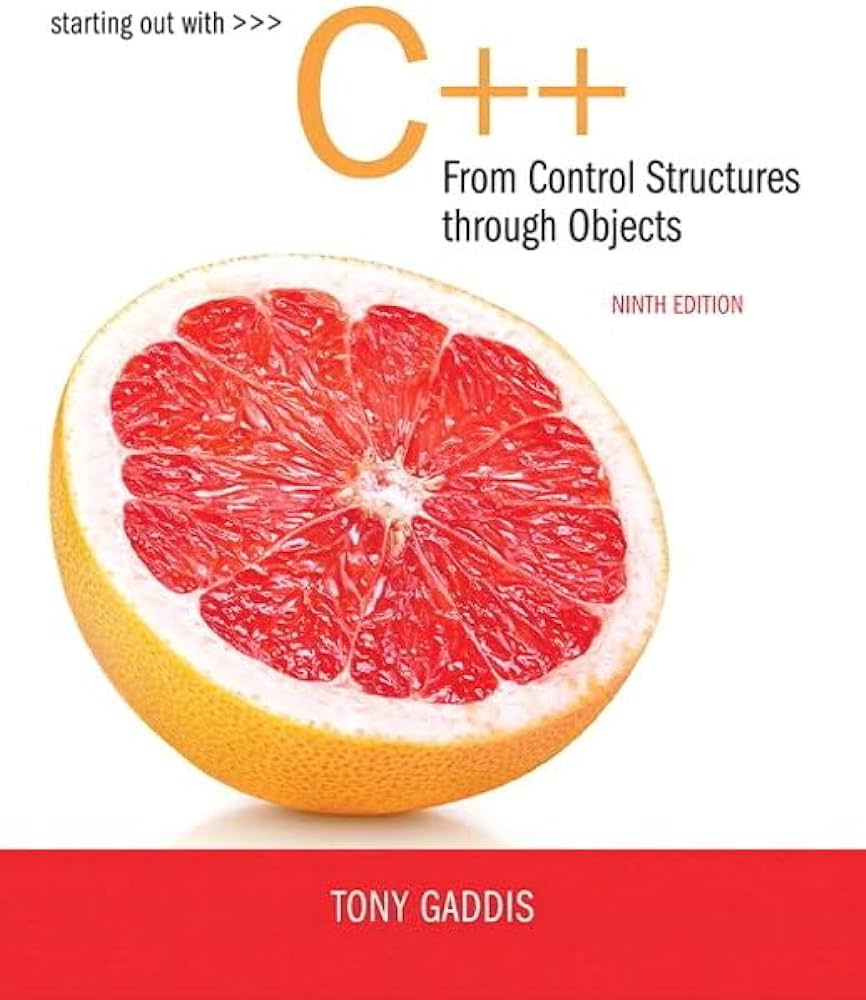Functions
A function is a block of code that performs a specific task.
Functions allow you to break down a program into smaller, manageable pieces.
This modular approach helps improve code readability, reusability, and maintainability.
Function Components:
Return Type: Specifies the type of value the function returns. If the function does not return a value, the return type is void.
Function Name: An identifier for the function.
Parameters: Input values passed to the function. These are optional and defined within parentheses.
Function Body: The block of code that defines what the function does. Enclosed in curly braces {}.
Functions allow you to break down a program into smaller, manageable pieces.
This modular approach helps improve code readability, reusability, and maintainability.
Function Components:
Return Type: Specifies the type of value the function returns. If the function does not return a value, the return type is void.
Function Name: An identifier for the function.
Parameters: Input values passed to the function. These are optional and defined within parentheses.
Function Body: The block of code that defines what the function does. Enclosed in curly braces {}.
Syntax:
return_type function_name(parameter_list) {
// Function body
}
int add(int a, int b) {
return a + b;
}
return_type function_name(parameter_list) {
// Function body
}
int add(int a, int b) {
return a + b;
}
